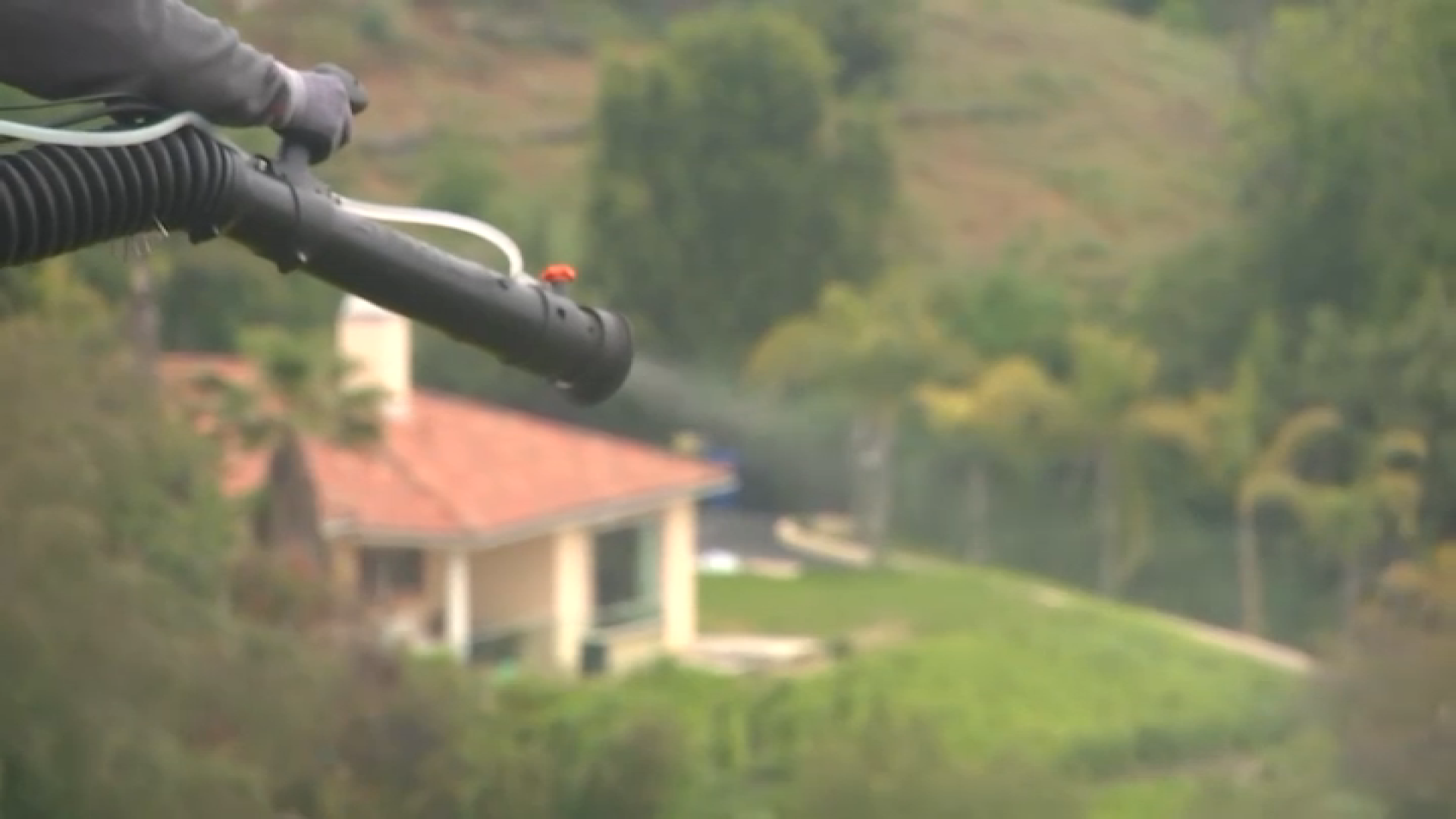Tony Hicks, who at 14 years old was the youngest person ever to be sentenced to a life term as an adult in California, was granted parole Wednesday nearly 24 years after the crime.
Though the California Board of Parole Hearings (BPH) granted 38-year-old Hicks parole, his release is not guaranteed and a lengthy review process will take place before the Governor's office decides for or against it.
Hicks pleaded guilty to the murder of 20-year-old Tariq Khamisa in 1995. He was tried as an adult and was sentenced to 25 years to life in prison.
The District Attorney's office said Khamisa was working as a pizza delivery driver when he was called to a fictitious address on Louisiana Street in North Park by Hicks and fellow gang members.
When Khamisa refused to hand over the pizza or his cash, Hicks shot and killed him.
At Hicks' first parole hearing Wednesday at the California Men's Colony at San Luis Obispo where he has served for the past two years, Khamisa's father Azim vouched for Hicks' rehabilitation.
Azim and Hicks' grandfather Ples Felix started the Tariq Khamisa Foundation, which has over the last 23 years taught thousands of kids to turn away from violence and instead embrace responsibility, education and leadership.
In the days before the hearing, Hick's attorney Laura Sheppard said his chance of release was good.
"He has a reason to succeed when he gets out. He has far more than the majority of lifers,” Sheppard said. Azim said that Hicks had a job at the Tariq Khamisa Foundation waiting for him when he gets out.
In a letter from former District Attorney Bonnie Dumanis, Dumanis wrote that "Hicks has been punished enough.”
The DA's office did not formally favor or oppose parole for Hicks, but gave the BPH an outline of "key considerations and public safety concerns." The office said that typically it would oppose parole at an inmate's first hearing if that inmate committed a violent act in prison.
Local
According to the DA's office, Hicks was cited for several misconduct violations while in prison including a 2002 incident where he attacked a correctional officer with a homemade knife.
"The case is unique and compelling. As an adult, Mr. Hicks committed a serious, violent offense during his incarceration several years after the murder,” DA Summer Stephan said in a statement. “We also consider his young age at the time of the murder, the fact that he has been free of violations in prison for two years, and the support he has waiting for him on the outside, which are all factors in his favor. Ultimately, the parole board weighed all those factors and made a decision based on whether or not he poses a unreasonable, current threat to public safety. I respect the board’s decision as well as the views of the victim’s family who have turned their personal tragedy into a force for good. It’s my sincere hope that Mr. Hicks will become a productive member of the community upon his release.”
A spokesperson for the California Department of Corrections and Rehabilitation (DCR) said the BPH's decision will be reviewed internally for the next 120 days before it is forwarded to the governor.
At that point, the governor has several options for both keeping Hicks in prison or granting his release.
According to the DCR, the governor can approve the release, modify the release date, allow the BPH's decision to stand by taking no action within 30 days of receiving it, or refer the decision back to the BPH for reconsideration.
The governor also has the option of reversing the parole grant, the DCR said.
Hicks' Attorney says statewide, only 1 percent of prisoners sentenced to life terms and given release reoffend. The recidivism rate for paroled prisoners with lesser sentences is 60 percent.



